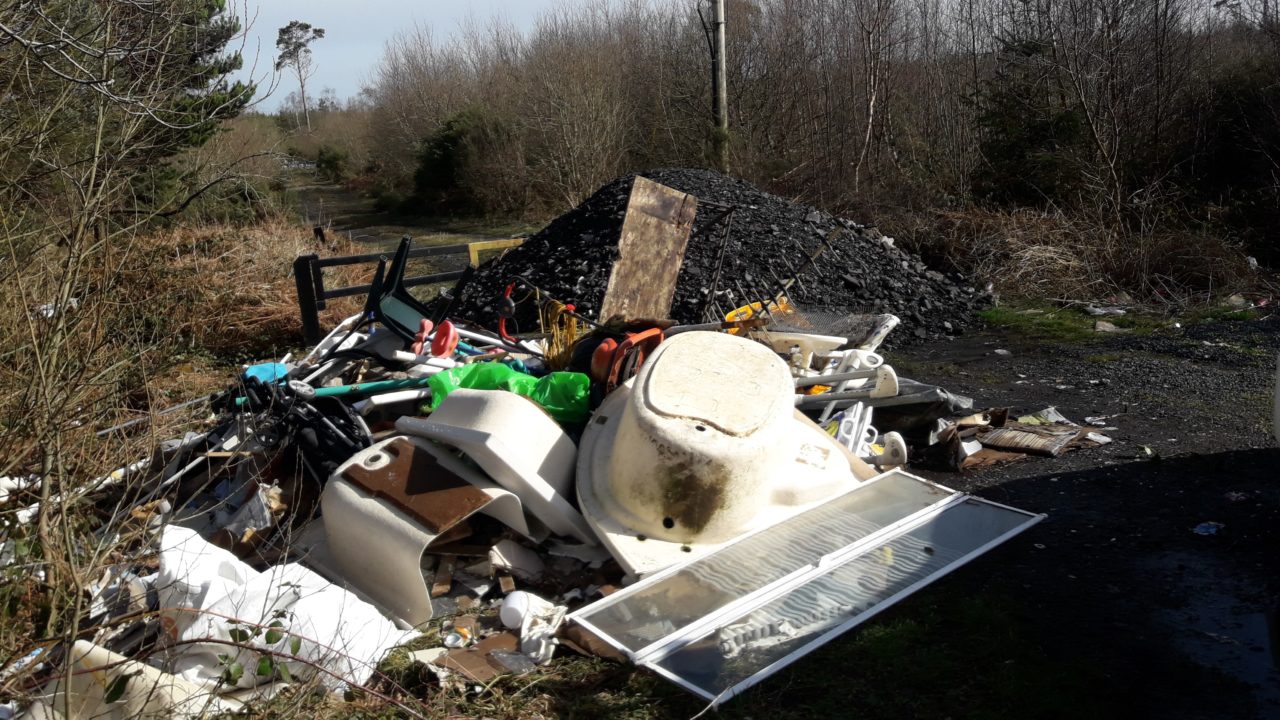The European Commission has adopted a draft of a new EU directive to enhance environmental protection through the use of mandatory criminal law measures against environmental offences.
The proposal defines new environmental crimes, sets a minimum level for sanctions and strengthens the effectiveness of law enforcement cooperation.
Member states are also obliged to support and assist people who report environmental offences and cooperate with the enforcement.
The legislative proposal will now be submitted to the European Parliament and the Council.
The Commission said there is a “real need” to strengthen the protection of the environment through criminal law, since “the number of successfully prosecuted environmental cases was low, sanctions were too insufficient to be a deterrent and cross-border cooperation was weak.”
The draft follows the 2020 publication of the Commission’s evaluation of the 2008 Environmental Crime Directive.
New criminal offences
New categories of criminal offences proposed in the revised Environmental Crime Directive are:
- Illegal timber trade;
- Illegal ship recycling;
- Illegal water abstraction from ground – or surface water;
- Serious breaches of EU chemicals legislation;
- Serious breaches related to dealing with fluorinated greenhouse gases;
- Serious breaches of legislation on invasive alien species with union concern;
- Serious circumvention of requirements to get a development consent and to do environmental impact assessment causing substantial damage;
- Source discharge of polluting substances from ships.
In addition, the proposal clarifies existing definitions of environmental criminal offences.
Sanctions
The Commission proposed a common minimum for sanctions for environmental crimes which are set at the following:
“Where offences cause or are likely to cause death or serious injury to any person, member states have to provide at least for imprisonment of up to ten years.”
Additional sanctions include the restoration of nature, exclusion from access to public funding and procurement procedures or the withdrawal of administrative permits.
Criminal investigation
Under the new proposal it is aimed to make relevant investigations and criminal proceedings more effective, including through the support of inspectors, police, prosecutors and judges.
The Commission also proposed that national strategies are to be developed by each member state to ensure a coherent approach and availability of resources.
Cross-border investigation and prosecution are also addressed in the draft to ensure law enforcement and judicial authorities can collaborate across borders, e.g. on issues including the pollution of air, water and soil.
Environmental crime
Although environmental crime can be highly profitable – as profitable as illegal drug trafficking – sanctions are much lower and prosecuted less often, according to the Commission.
Environmental crime is the fourth-largest criminal activity in the world, growing at a rate of between 5-7%/year, which is two, to three times the pace of global economic growth, Interpol and the United Nations Environment Programme stated.
Executive vice-president for the European Green Deal, Frans Timmermans, said:
“Letting law-breakers act with impunity undermines our collective efforts to protect nature and biodiversity, fight the climate crisis, reduce pollution and eliminate waste.
“Serious abuses must be met with a serious response, and today’s proposal lays the groundwork for that.”
To ensure that punishment is effective, proportionate and appropriate, the severity of the damage done, the involvement of organised crime, the illegal profits generated or expected are considered in the draft.
The most serious environmental crimes include:
- The annual revenues derived from the illicit waste market in the EU range between €4-15 billion annually;
- 11-36 million birds/year are killed or captured illegally in the Mediterranean region;
- Estimated annual global loss due to environmental crime ranges between €80-230 billion;
- On estimate, a global value of €7-9 billion of wildlife is being illicitly trafficked;
- On estimate, a global value of €6 billion of timber is being illicitly trafficked.
